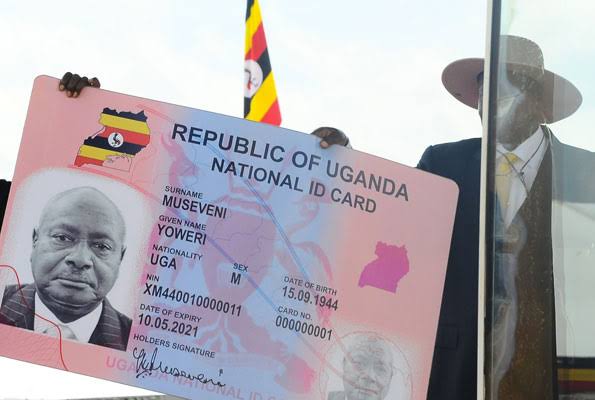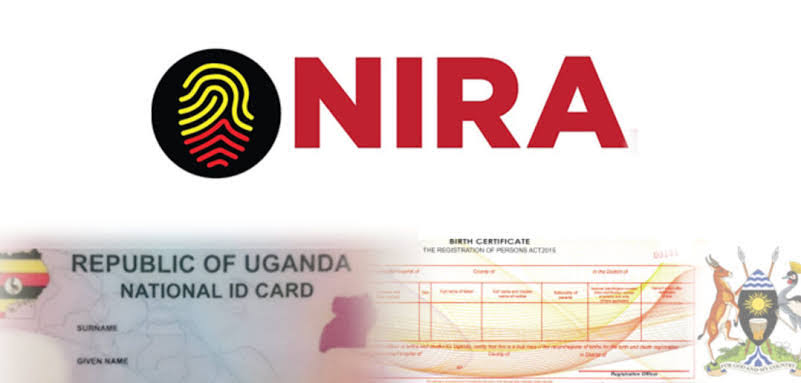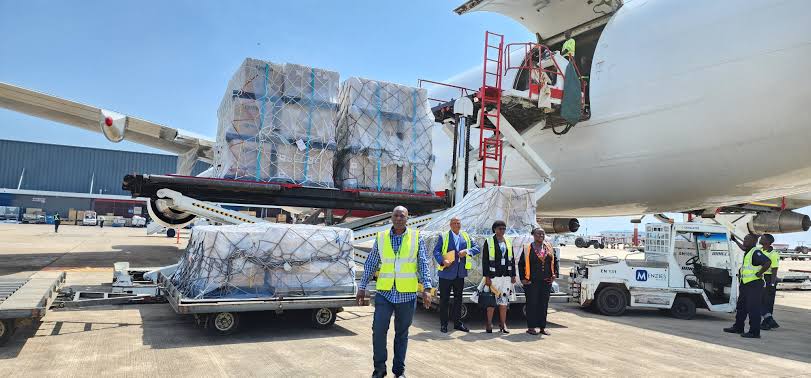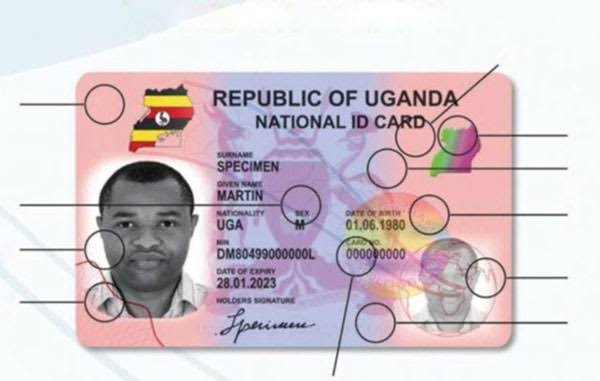The National Identification and Registration Authority (NIRA) has acknowledged delays in the mass enrollment for National Identity Cards, citing challenges related to technical issues, staff recruitment, and procurement of essential equipment.
Why has NIRA Delayed to enroll new National IDs?
Top NIRA officials disclosed to the media on March 27, 2025, that the agency has faced difficulties in recruiting sufficient human resources across the country and in procuring the machines required for the process.

When will NIRA start enrollment and renewal of National IDs?
Ms. Rose Kisembo, the Executive Director of NIRA, stated: “We received the money, but there is a process involved, including getting the contractor and purchasing the machines. This kind of process can delay the main exercise, but I think it should start by next month, April 2025.”
Despite the government’s release of UGX 366.85 billion for the mass enrollment and renewal of National IDs, the exercise, which was originally scheduled to start in June 2024, has yet to commence. Officials clarified that after receiving the funds, they focused on hiring a contractor—an exercise completed on July 8, 2024—before proceeding with procuring the necessary machines and recruiting personnel.



“So far, we have trained 7,000 staff countrywide who will help in the process. A public announcement regarding the commencement of the exercise will be made soon,” Kisembo added.
Implications of the Delayed Exercise
By June 2025, more than 15.8 million National IDs issued between 2014 and 2015 will expire, raising concerns about Ugandans’ ability to prove their nationality. The Registration of Persons Act, 2015 (Act 4 of 2015), mandates that every Ugandan citizen be registered and issued a National Identification Number (NIN). Failure to do so could result in legal penalties, including fines or imprisonment.
Steven Alor, a public finance expert, emphasized the importance of NIRA’s role in maintaining a credible national registry. “The mission of NIRA is to establish and maintain a credible, secure, and up-to-date register of all persons in Uganda for national security and socio-economic development,” he noted.
The government attempted to address the impending expiry issue by amending the Registration of Persons Regulations in August 2024. This amendment extended the validity of all National IDs by one year, making them effective for 11 years instead of the initial 10.
Impact on Daily Life
The National ID is crucial for several functions in Uganda, including:
- Cross-border travel: Ugandans can use their National ID within the East African Community (EAC) to travel. An expired ID would require them to obtain a passport, adding extra costs and administrative burdens.
- Voting: With national elections approaching next year, an expired ID may hinder individuals from exercising their voting rights.
- Employment: The National ID is necessary for obtaining jobs in both the public and private sectors.
- Financial services: Access to banking and financial assistance often requires a valid National ID.
- Education: Parents need a National ID to register their children for school.
Ms. Kisembo reassured Ugandans that despite concerns, NIRA has the capacity to meet the demand. “We have previously printed 15.8 million cards in four months. We are still within time,” she said.
Looking Ahead
Although the delays have raised concerns, NIRA remains optimistic that the mass registration process will begin soon. However, Ugandans must prepare for potential inconveniences, especially in cross-border travel and financial transactions, as the country works towards resolving the current delays in National ID enrollment.
What to Expect in the Upcoming NIRA National ID Mass Registration
The upcoming mass registration for national IDs in Uganda is set to be more streamlined and technologically advanced. An official from the National Identification and Registration Authority (NIRA) provided insights into the key changes and improvements citizens can expect this time around.
Services Available During Registration
This registration exercise will cover three main services:
- Renewal of Expiring National IDs – Those whose IDs are about to expire will be able to apply for renewal.
- New Registrations – Individuals obtaining their national IDs for the first time can now register.
- First-Time ID Issuance for Previously Registered Individuals – Those who registered as children and received National Identification Numbers (NINs) but were not yet eligible for an ID can now use their NINs to apply for their first official national ID.
Enhanced Biometric Data Collection
To improve security and efficiency, NIRA has introduced more advanced biometric verification processes. This will include:
- Fingerprint scanning – Ensuring accurate identification and reducing fraud.
- Iris recognition – A new layer of biometric security for better identity verification.
- Improved photo capture – A ring light will be used to enhance photo quality, ensuring clear and professional images, even in dimly lit environments.
Introduction of Online Pre-Registration
A major innovation in this registration cycle is the introduction of an online pre-registration portal. This system allows individuals to apply for their IDs online from home and receive a unique registration number. When they arrive at the registration center, this number will be used to quickly retrieve their details, significantly reducing processing time.
However, for those without internet access, smartphones, or knowledge of online applications, physical registration will still be available. They will be able to visit designated centers, fill out forms, and complete the process manually.
A More Accessible and Efficient Process
With these improvements, NIRA aims to make the national ID registration process faster, more secure, and more accessible to all Ugandans. Whether renewing an existing ID, registering for the first time, or transitioning from a NIN to an official ID, citizens can expect a smoother and more efficient experience during this mass registration exercise.




1 Comment
What does it require to renew the ID